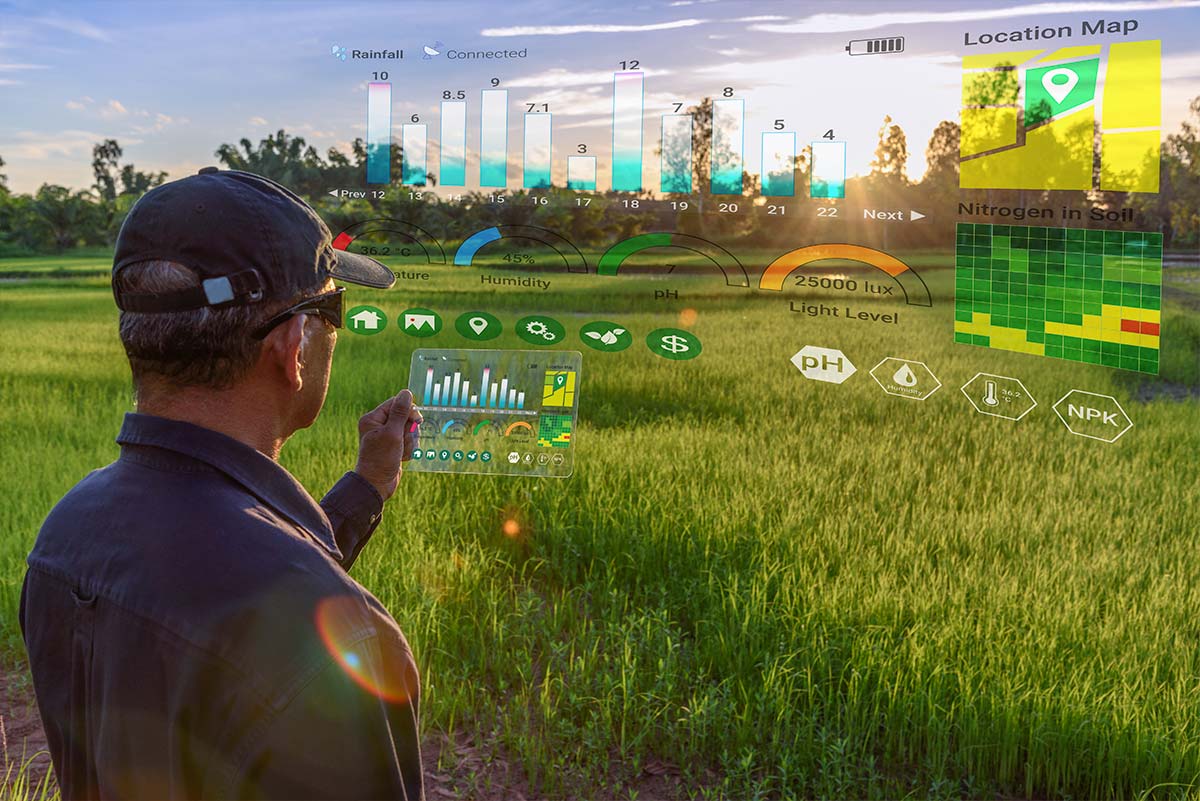May 02, 2024
Resources related to
Nitrogen
Kseniya Kopna, Pexels
Nitrogen can help plants grow, but too much pollutes our rivers, lakes and groundwater. These resources can improve your understanding of how nitrogen flows through our environment, the drivers for regulation, and help you reduce nitrate leaching.
Showing 1 - 12 of 183 results
Measurement of neon in groundwaters – analysis and validation
Nitrate is the most pervasive contaminant in New Zealand’s groundwaters. Thus, understanding and managing nitrogen loads through New Zealand’s aquifers is vital for maintaining the…
Measuring actual denitrification to understand nitrogen loads through aquifers
Ne is an inert, soluble, gas which is present in air and has been used in international studies to understand recharge conditions. The aim of…
Efficacy of subsurface denitrification to attenuate nitrate in shallow groundwaters
Our preliminary results indicate occurrence of complete ‘benign’ denitrification in the reducing shallow groundwater sites with lower dissolved oxygen (DO) contents (DO < 1mg L-1),…
Model of Nitrogen and Phosphorus in Freshwater Eutrophication for Life Cycle Impact Assessment
Fate Factors (FFs) for use in life-cycle analysis (PCA) were developed for both dissolved inorganic nitrogen (DIN) and dissolved inorganic phosphorus (DIP), distinguishing emissions from…
Nitrogen and phosphorus modelled in freshwater eutrophication: The director’s cut
Most Life Cycle Impact Assessment (LCIA) methods to date estimate freshwater eutrophication impacts from phosphorus (P) only. There is a need to account for the…
Measurement of neon in groundwaters for quantification of denitrification in aquifers
Nitrate is the most pervasive contaminant in New Zealand’s groundwaters. Thus, understanding and managing nitrogen loads through New Zealand’s aquifers is vital for maintaining the…
Molecular Approaches to Identify Benign Denitrification in Shallow Groundwaters
We measured lower dissolved N2O and higher denitrifier genes abundance in the groundwater samples collected from reducing (anoxic) groundwaters sites, as compared with the groundwater…
 View Our Strategy Document 2019 – 2024
View Our Strategy Document 2019 – 2024


